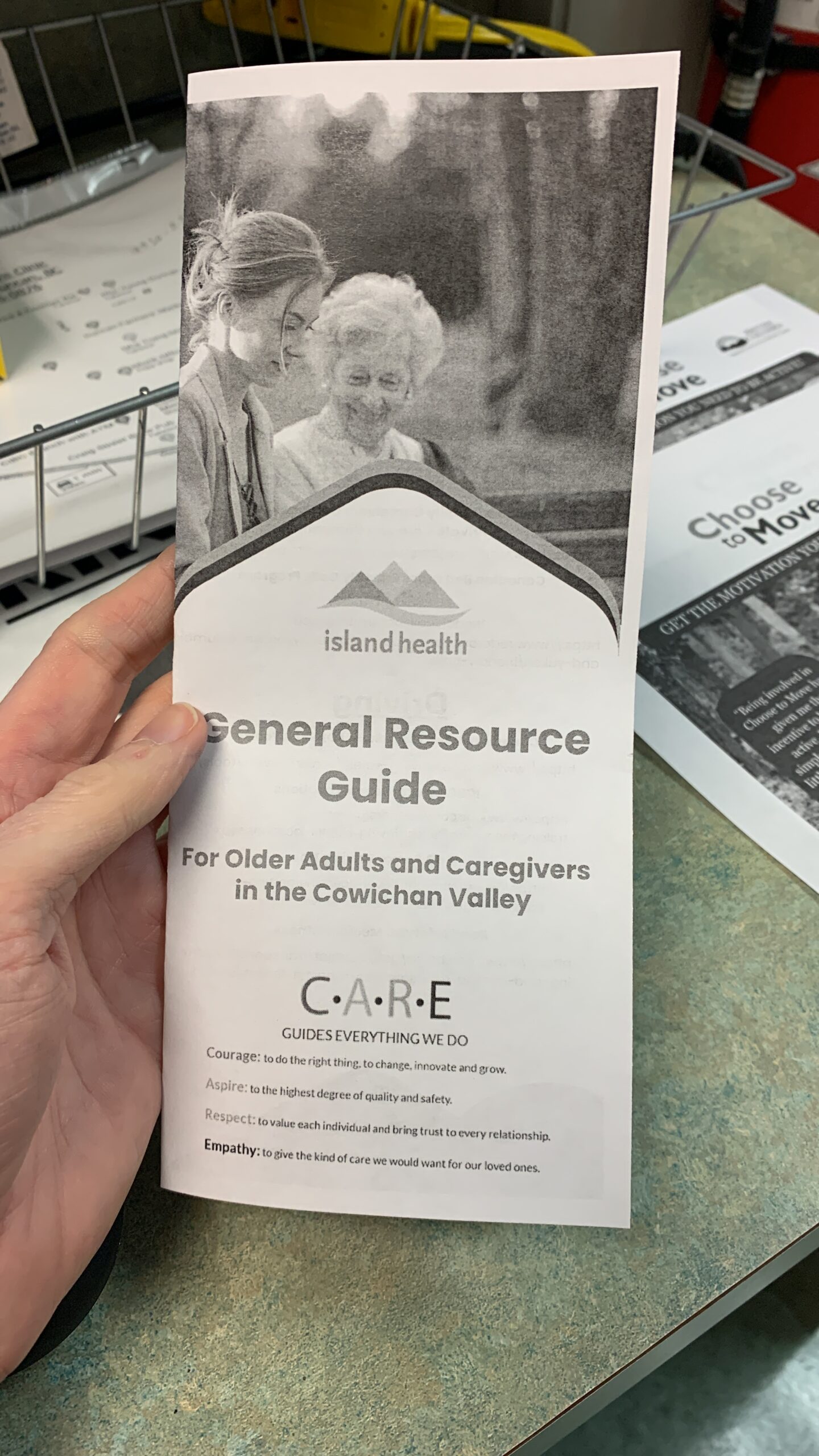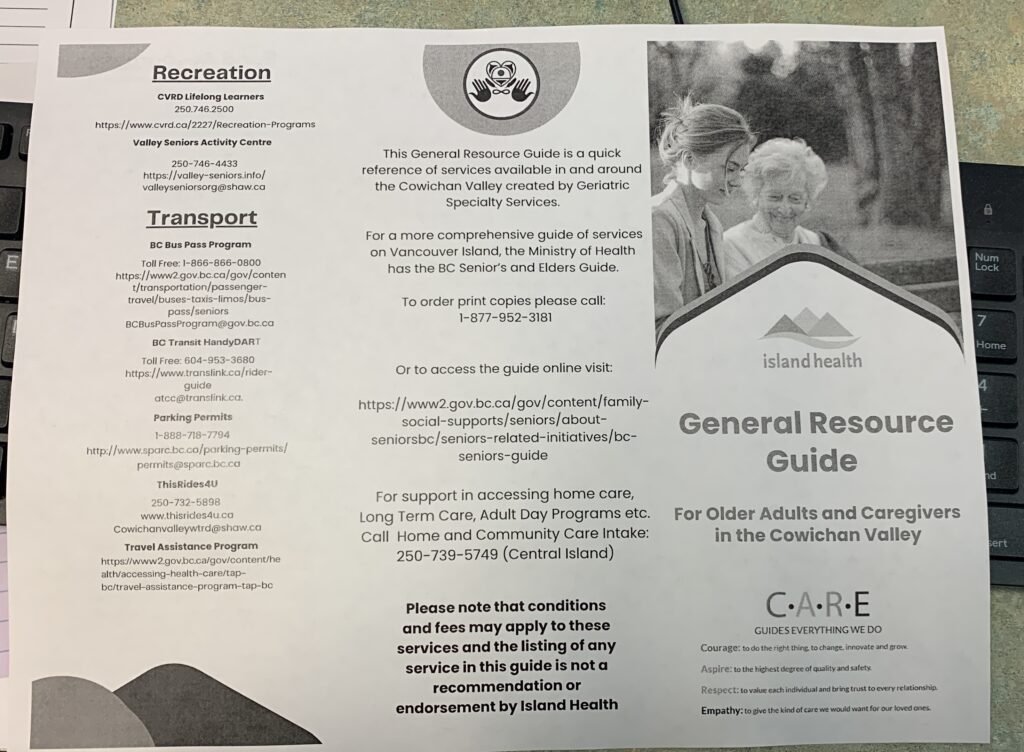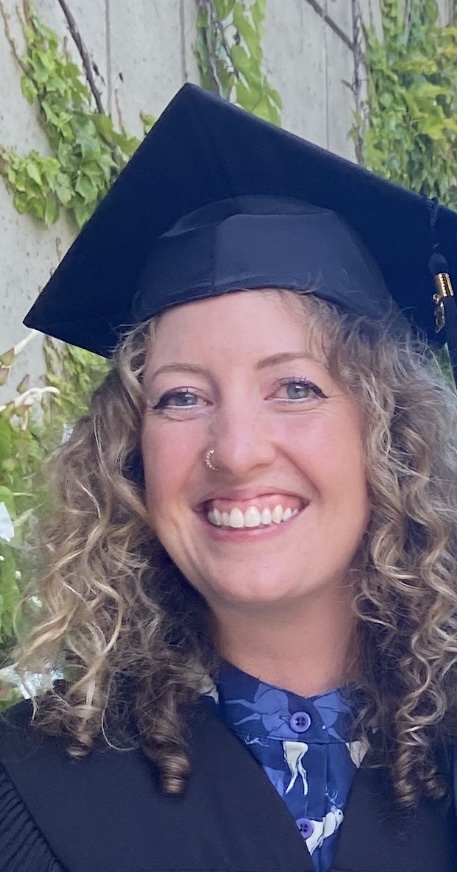Conclusion: Readiness for Practice
With the completion of my degree now only months away, it is valuable for me to reflect on my readiness to engage in practice. The last two years of this degree, practicum placements, volunteer and work opportunities have all been preparing me for this moment. Initially, the end of my degree felt far away, and now, suddenly, I am almost done! Over the last four years, my understanding of theory and application to practice has grown, and a core theory that has been discussed since the start of my degree is anti-oppressive practice [AOP]. For the conclusion of this e-portfolio, I will reflect on my growth and learning, my readiness to use AOP, and how I will navigate challenges in the world of work, particularly by being a change agent.
AOP is a framework that aims to eradicate injustices reproduced in professional practice, particularly in institutional settings (Harms & Connolly, 2019). AOP encourages social workers to remove barriers to accessing these institutions through one-on-one work with service users and macro-level policy work to change how these oppressive institutions operate. Social workers have historically been used as tools of oppression and can continue to be if they are not aware of the power and privilege that they bring into their interactions with clients.
To operate using an AOP lens, social workers need to be critically self-reflective on how the self can shape practice responses by understanding how the language used in assessment is shaped by dominant ideologies that convey and sustain oppressive power relations (Harms & Connolly, 2019). Using an AOP lens helps social workers to support their clients in identifying and overcoming barriers while providing the tools to navigate future oppressive systems. Additionally, social workers, using an AOP lens, strive to collaborate with their clients to offer choices and empower them to recognize their ability to reach their desired outcomes.
As a social work student nearing the beginning of my own practice, I am eager to implement an AOP lens into my work. I feel that I am ready to approach my future practice through this lens because it is a lens through which I approach my practicum placements and work. Currently, as a medical office assistant for Geriatric Specialty Services, I have educated myself on caregiver resources such as the BC Family Caregivers of British Columbia and the Alzheimer’s Society. It is a small gesture, but when clients and their families inquire about resources and support, I can then remove the barriers to finding such resources (internet access, etc.) by having more accessible options for these services, such as providing a phone number or email.
I have discussed my previous position with Nanaimo Foodshare and how we worked with individuals who self-identified as having a disability to find meaningful employment. In that role, it was important to recognize existing barriers. Still, the focus was addressing these barriers in a way that the participant felt was manageable to create the understanding they could address these barriers independently. My main focus was collaboration and choice, and although I used a strengths-based lens, I also favoured building independence. I would help them identify their strengths but also try to provide the tools to help them continuously recognize their strengths and their abilities in the future. If the position they found during the program did not work out, I wanted them to have the confidence to pursue new job opportunities with the skills that they had learned in the program.
I plan to continue utilizing that approach in my future social work practice. I would never expect the client to “do all of the work” or set them up for failure. However, if I do not prioritize empowerment, choice and collaboration, I am not doing a service to my clients, and our experience working together may feel like another frustrating dead end for them. As a practitioner with a great amount of privilege, there are many ways I can help someone access services that I may take for granted. As I mentioned, providing phone numbers or emails by completing a quick Google search may make a huge difference to someone. I take it for granted that I have access to a laptop, smartphone and a desktop at work. For some service users, accessing the internet is a huge barrier. Providing a phone number and empowering a client to make a phone call may seem like a small intervention, but it could be life-changing for a service user.
Pictured Below: A general resource guide brochure I prepared for clients of Geriatric Specialty Services. When discussing promoting independence, I believe information should be readily accessible and easy to find. By providing information to service users, we can encourage them to access relevant supports independently.


In terms of navigating challenges in the workplace as a change agent, I heard a quote once that has stuck with me. “Have the courage to be disliked.” I am not suggesting that I plan to be unpleasant and challenging to work with! Rather, if I witness power imbalances or policies that lack considerations around intersectionality and accessibility, I want to have the courage to speak up. In doing so, I may ruffle some feathers from other employees or hear comments such as, “We’ve always done it that way.” Still, I am committed to constantly learning and growing to be able to provide the best care for clients, and I believe my working environment should reflect that. Being a change agent does not mean that I am being harmful or dismissive of my colleague’s opinions but it does mean that I must have the courage to advocate for change.
In terms of areas of areas for growth and future goals, I would like to see my skills in interdisciplinary communication strengthen. Being a change agent and speaking up to team members is still an intimidating concept for me as I am not always confident in my knowledge. In my practicum placements, I have had very supportive mentors who have provided me with a safe space to discuss my observations. This has grown my confidence, but I see room for growth. My goal is to confidently trust my observations and to challenge myself to speak up and share my understanding with other team members. Speaking up does not need to be a challenge; in fact, it can be an opportunity to share and teach.
Thank you for taking the time to read my e-portfolio, I hope that it has created an understanding of my values, knowledge, preferred social work theories, social work skills and competencies and my readiness for practice. By exploring these topics and sharing relevant artifacts, I have practiced critical reflection, which will be a valuable skill set in my future practice. As a practitioner, I strive never to feel content that my practice is “good enough” because, as a profession, social work is constantly growing and changing, and I want to ensure that I am not stuck working with outdated methods or understandings. By reflecting regularly and being open to learning and further understanding, I can ensure my practice is everchanging and growing and that I am constantly analyzing the policies and frameworks that I follow in my practice.
Thank you and take care!
Stephanie Bonnar
